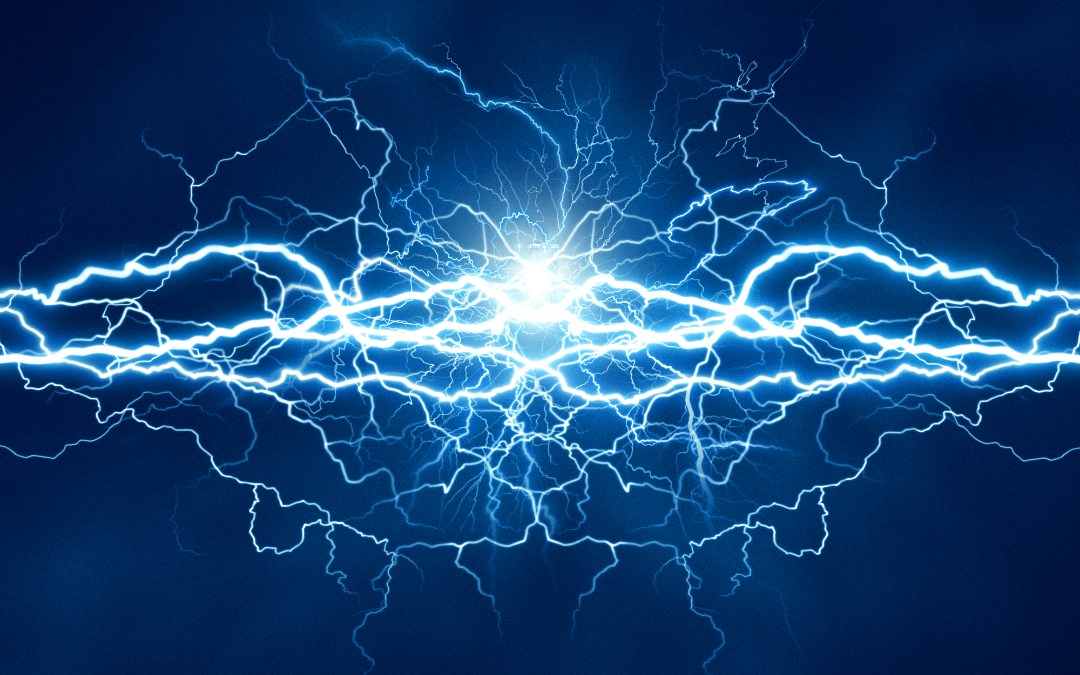Most people would call anger a negative emotion. Maybe even a dangerous one. Anger can be overwhelming, scary and unhealthy if you experience it too often. There’s nothing good about it, is there? At best, it’s a waste of energy, right?
Allow me to disagree. “I am a very angry person,” I once told a friend. He shifted away from me and asked if I’d shout at him. Of course not because experiencing anger does not mean, I have to act on it. Anger, like any other emotion, exists to make our lives easier. If we use it right.
Anger and violence
Often, we only notice anger, including their own, when it turns into a reaction: shouting, screaming, kicking or punching things. To be fair to your body, this is what anger is supposed to do. It gives you a surge of energy so you can take immediately fast action.
When we get angry our amygdala sets off a chain reaction in the body. Blood flow to the prefrontal cortex (part of your brain for rational thought and making decisions) and the hippocampus (creates short-term memory) is decreased. You become more impulsive and might not remember what you do or say afterwards.
Hormones like cortisol and adrenaline food into your blood stream. More blood goes towards the parts of your brain that process what you see and hear. And your muscles tense up.
Ready, set, action!

All these changes in our body prepare us for action. Fast action. Anger is the next step up from other emotions, like fear or frustration. For example, if you were to meet a lion and get scared, your fear triggers anger. The burst of energy allows you to either fight the lion or run away as fast as possible.
If you are frustrated and ignore the situation that causes your frustration for too long, you get angry. The burst of energy forces you to do something just to shift you out of the frustrating situation. Thanks to anger you react without having to think the problem through first. That’s what it is for.
Angry reactions are learned
How you react, however, and how you feel about anger, is learned from your culture, society and individuals. What counts as acceptable angry behaviour is culturally specific. In some cultures you may shout without getting fired on the spot, while in others, you might lose your job. Your gender and ethnicity can play a role too.
Growing up, you learned how to behave when you are angry from the people around you. Parents, siblings, teachers, extended family and friends. If you had shouty parents, you’ll either shout yourself or hated it so much you never raise your voice. You might have learned to walk away when you are angry, or you might have been taught to suppress your anger completely.

“I just don’t feel anger.”
If you ignore an emotion long enough, you no longer feel it, meaning you no longer consciously process what is going on in your body. Here is the important part though: anger is an emotion, meaning an unconscious chain reaction. You still have the emotion of anger, whether you notice it or not.
The chemicals raging through our bodies affect our brain and our ability to think. Even if you don’t show typical signs of anger, like shouting or stomping, you still have symptoms but more subtle ones. For example, you will make more impulsive decisions and have knee-jerk reactions.
So if you believe you never experience anger, please think again. Because once you accept that anger is a normal physical reaction which happens whether you like it or not, whether you notice it or not, then you can actually do something to minimise its effects.
Handling anger
Emotions only last for about 2 minutes. If you allow yourself to consciously notice them without reacting, the wave of anger passes. No harm done. This is where the advice to count to ten when you feel angry before you do or say anything comes from. Sound advice.
The key point to remember is that even though emotions are out of your control, you never have to act on them. You may experience anger, you may feel and acknowledge it, but there is absolutely no reason whatsoever why you should take action while you’re angry.
Handling your anger has two crucial components. The first part is the most important Emotional Intelligence Skill self-awareness. You need to know how you feel to notice the anger as soon as possible, so you can feel and release it safely. And the second part is emotional hygiene because even though anger feels like it appears out of nowhere, it always builds up.
Out of nowhere?
No matter how suddenly a surge of anger seems to appear, it does not come out of nowhere. The stronger your anger, the longer it has been building up. This can either mean that you are repeatedly angry about small things and the emotion accumulated, or that you ignored another emotion, like frustration, for too long.
If you already have high levels of cortisol and adrenaline in your blood stream from fear or anxiety, your angry outbursts will be stronger because emotions are cumulative. That’s why practising emotional hygiene is so important. It keeps the unhelpful chemicals in your blood stream low so emotions, no matter how strong they are, no longer overwhelm you in the moment.

Using anger
By practising self-awareness and emotional hygiene, you can reduce your anger levels so you no longer make reactive decisions you regret later. Do this long enough and before you know you’ll manage even strong anger easily.
But you can also take it up a notch and use the anger. I am a very angry person and have been for as long as I can remember. I have made a lot of decisions out of anger but I also learned decades ago that I could use it for my advantage. You see, anger releases a surge of energy into your body.
You choose how to use that energy. Write a brilliant paper to rub it in your bigoted professor’s face, channel it into your legs to run faster than you’ve ever run before and win that race, or write a blog post about anger. Ok, the last one was a joke. I am perfectly calm right now. But if I need to, I can tap my anger any time.
Anger has been my friend for many years and since I learned how to channel it into success, I no longer feel it for long. Those two minutes are plenty for a boost of energy. Whether you embrace your anger or decide to handle it, always remember you are in charge. Anger is just an emotion. Like all emotions, it helps us lead an easier life once we know how to use it.
